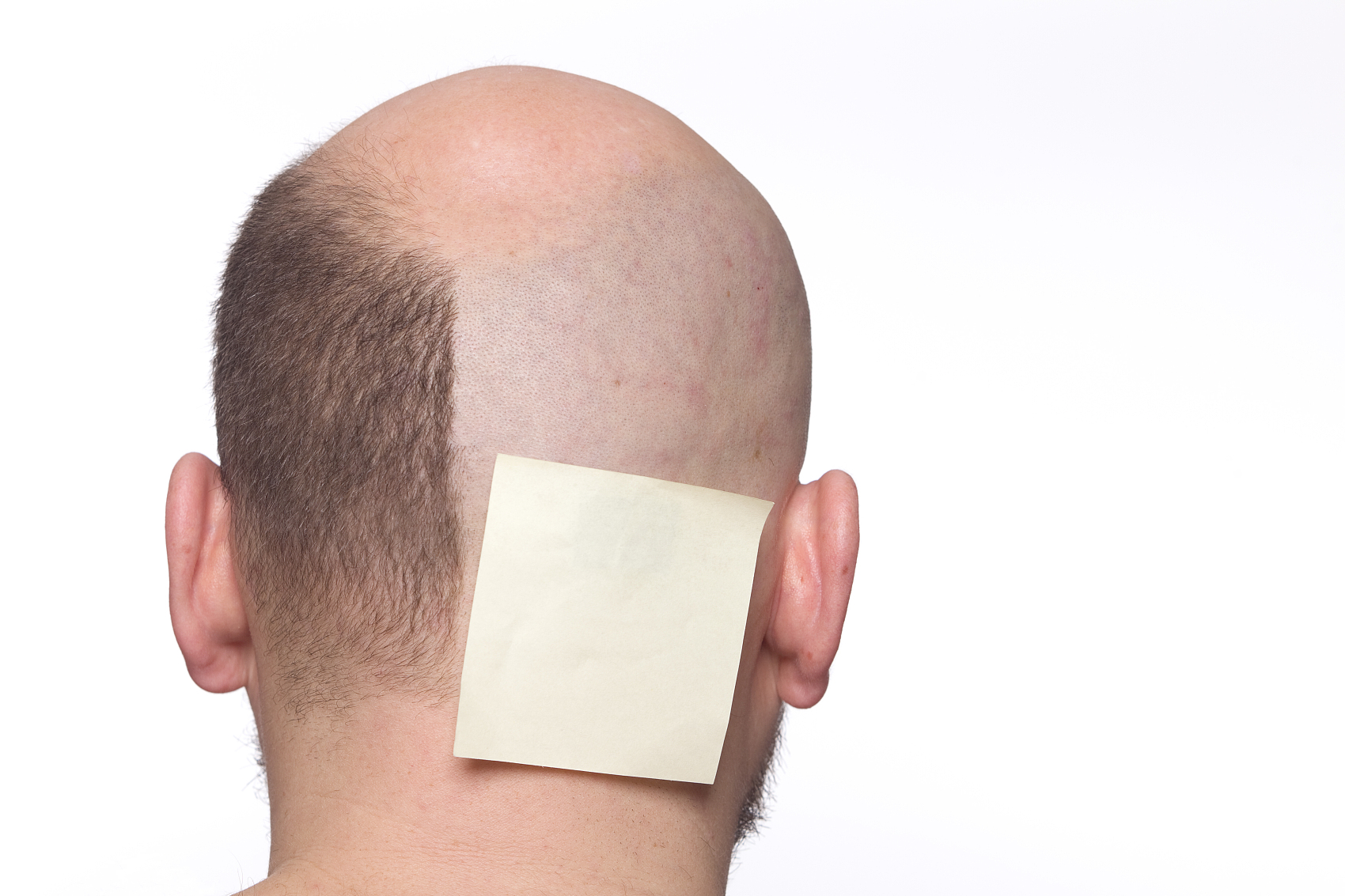1.The wonderful effect of exercise on the brain
1) Improve the oxygen supply to the brain
Exercise is like injecting a source of vitality into the body, which has a great effect on improving cardiopulmonary function. When we engage in various sports such as running and swimming, the heart and lungs need to work harder. The heart beats more powerfully, pumping blood to all parts of the body more efficiently; the lungs also actively expand and contract to accelerate gas exchange. This series of physical reactions significantly increases the oxygen content in the blood. The brain, as the “commander” of the human body, is extremely dependent on oxygen. Sufficient oxygen is continuously transported to the brain with the blood circulation, providing sufficient “fuel” for brain cells, thereby stimulating brain vitality and making thinking more agile. People can naturally stay awake and deal with various affairs in life with a better mental outlook.
2) Promote neurotransmitter secretion
Exercise is a powerful booster for neurotransmitter secretion. During exercise, the brain actively secretes important neurotransmitters such as dopamine and norepinephrine. Dopamine is often regarded as the “happy messenger” of the brain. Its secretion can make us feel happy and satisfied, instantly improve our mental state, and free the brain from sleepiness and lethargy. Norepinephrine is like a “stimulant” for the brain, which can enhance the excitability of the brain, improve attention and alertness. These neurotransmitters work together to keep the brain active and the thinking clearer and smoother. Whether it is dealing with work problems or learning new knowledge, it can be more handy, greatly improving the brain’s wakefulness and thinking efficiency.
3) Increase brain-derived neurotrophic factor
Exercise can cleverly stimulate the brain to produce brain-derived neurotrophic factor (BDNF). When we engage in physical activities, signals from various parts of the body are transmitted to the brain, triggering a series of complex physiological reactions, prompting the brain to secrete BDNF. BDNF is like a “special nutritionist” for brain neurons. It can provide neurons with necessary nutritional support to help them grow, develop and survive better. At the same time, BDNF can also enhance the connection between neurons, making the brain’s neural network more stable and efficient. Under the nourishment and protection of BDNF, brain neurons maintain a good functional state, and the overall function of the brain is improved, which helps us keep a clear mind and improve cognitive ability.
4) Reduce brain pressure
The pressure in life often overwhelms the brain, and exercise is an effective way to relieve brain pressure. When we engage in exercise, the body will enter a positive stress state, which will prompt the body to secrete substances such as endorphins. Endorphins not only have analgesic effects, but also bring pleasure and help us relax. At the same time, exercise can reduce the level of stress hormones such as cortisol. Excessive secretion of cortisol can interfere with the normal function of the brain, leading to problems such as confusion and lack of concentration. By reducing cortisol levels through exercise, the brain can get rid of the shackles of stress, think more clearly, maintain a good state of wakefulness, thereby improving thinking ability and more calmly dealing with challenges in life.
2.Choose a suitable exercise method
1) The charm of outdoor sports
Outdoor sports such as hiking and cycling have a unique charm. When hiking, we measure the earth with our feet, which allows us to get close to nature, feel the sun on our bodies, the breeze on our cheeks, and enjoy the scenery along the way, which greatly relaxes our body and mind. Cycling is to use the power of two wheels to feel the speed and passion in the wind and lightning.
Take me for example. I once chose to hike when I was under great work pressure and my mind was dizzy. Walking along the mountain path, breathing the fresh air, listening to the birds singing, the whole person’s state gradually changed. The beauty of nature made me forget my troubles, and my brain was no longer filled with trivial matters. As the steps progressed, the blood circulation in the body accelerated, the oxygen supply to the brain increased, and the thinking became clearer. After returning, the problems at work seemed to become easier to solve. Outdoor sports can awaken the vitality of the body and keep us awake in contact with nature.
2) Advantages of static exercise
Static exercises such as yoga and Tai Chi seem calm, but they actually contain huge energy. Yoga can effectively reduce physical tension, relax muscles, and relieve psychological pressure through various postures and breathing methods. In the process of focusing on body movements and breathing rhythm, the brain gradually eliminates distractions and enters a state of calm and concentration.
Tai Chi, with its slow and gentle movements, emphasizes the coordination and unity of body and mind. When practicing Tai Chi, you need to concentrate on controlling every movement of the body, which helps to improve body coordination and exercise the brain at the same time. I have a friend who has been practicing yoga for a long time. He said that every time he finished practicing, he felt extremely calm and his brain was particularly clear. Static exercise regulates the body and mind, allowing us to improve our sobriety in tranquility and face life with a peaceful mind.
3.Develop good exercise habits
1) Make an exercise plan
Making a reasonable exercise plan is the key to developing a regular exercise habit. In terms of exercise frequency, it is recommended to arrange at least 3-5 exercise times a week, so that the body can have enough rest and recovery time, and maintain the positive stimulation of exercise to the body. For exercise time, morning is a good choice. Moderate exercise can wake up the sleeping body, wake up the brain quickly, and start a new day with full spirit; exercising after get off work can effectively relieve work pressure and relax the body and mind. The duration of each exercise can be determined according to personal circumstances, and it is generally appropriate to keep it between 30 minutes and 1 hour. The intensity of exercise should also be gradual. In the early stage, you can choose a relatively easy sport. As the body’s adaptability increases, the intensity of exercise can be gradually increased. In short, a sports plan that suits you can allow us to start our sports journey in an orderly manner and lay the foundation for staying awake.
2) Persistence and supervision
Maintaining exercise habits is not easy, and requires strong perseverance and effective supervision. Exercising with friends is a good way to encourage and supervise each other. When one party wants to be lazy, the presence of the other party is an incentive, which makes us more motivated to stick to it. Recording the progress of exercise is also a good way. By recording the time, intensity, physical feelings, etc. of exercise, we can intuitively see our own sports results. This sense of accomplishment will further stimulate our enthusiasm for continuing exercise. In addition, you can set some small goals and reward mechanisms. Every time you complete a goal, give yourself a small reward to enhance your motivation for exercise. Sticking to exercise is a long process, and we may encounter various difficulties along the way, but as long as we have firm beliefs and use effective supervision methods, we can overcome difficulties, make exercise an indispensable part of life, and continue to enjoy the wakefulness and vitality brought by exercise.
4.Combining exercise with other methods
1) Maintain a good work and rest schedule
Sufficient sleep is like charging the brain, which is essential to keeping the brain awake. During sleep, the brain will repair and organize itself, remove metabolic waste, and consolidate memory. If you don’t get enough sleep, your brain will be exhausted, your thinking will become slow, your attention will be difficult to concentrate, and you will become drowsy.
To maintain a good work and rest schedule, you must first develop a fixed sleep time, try to go to bed and get up at the same time every day, so that the body can form a regular biological clock. Avoid using electronic devices before going to bed. The blue light emitted by electronic screens will inhibit the secretion of melatonin and affect sleep quality. You can do some relaxing activities before going to bed, such as taking a hot bath and reading a relaxing book. It is also important to create a quiet, comfortable, dark and cool sleeping environment, which helps to improve the comfort of sleep and allow the brain to get enough rest, so as to stay awake during the day.
2) Healthy diet helps
A reasonable diet provides sufficient nutrition for the brain and is of great significance to improving brain function. Protein-rich foods, such as fish, beans, and eggs, are important components of brain cells, which help maintain the normal functioning of the brain and enhance memory. Healthy fats, such as unsaturated fatty acids in olive oil and nuts, can protect brain cells and increase the brain’s reaction speed.
Various vitamins and minerals are also indispensable “nutrients” for the brain. B vitamins can promote brain metabolism and improve brain vitality; vitamin C has an antioxidant effect and protects the brain from free radical damage; minerals such as calcium and magnesium help regulate nerve conduction and enhance brain excitability. In daily diet, we should pay attention to the diversity of food, eat more fresh vegetables, fruits, and whole grains, ensure that the brain can absorb comprehensive nutrition, and combine with exercise to provide guarantees for the awake and efficient operation of the brain.
3) Synergy of mental exercise
Exercise and mental exercise work together to produce wonderful results. Reading is a simple and effective way to exercise the brain. Through the stimulation of text, it can broaden the thinking horizon and enhance the brain’s understanding and analytical ability. Learning new skills, such as a new language or a new musical instrument, can stimulate the plasticity of the brain, prompt the brain to establish new neural connections, and improve the flexibility of the brain. Playing puzzle games, such as chess and puzzle games, can exercise the brain’s logical thinking, spatial imagination, and reaction ability.
When mental training is combined with exercise, the effect is more significant. Exercise provides the brain with sufficient oxygen and nutrients, allowing the brain to be in a good state and more fully absorb and process the information brought by mental training. Mental training can further develop and improve the brain after exercise. The two complement each other, allowing people to not only stay awake, but also become smarter and show a better state in life and work.








